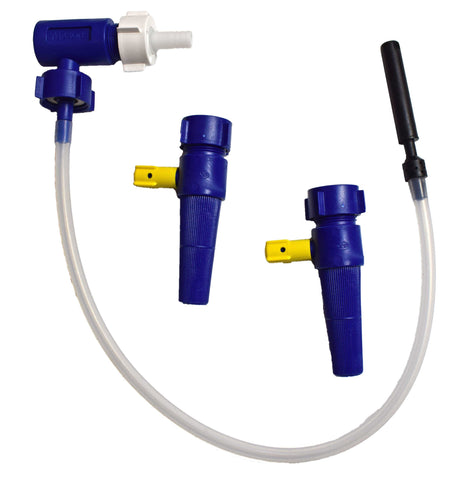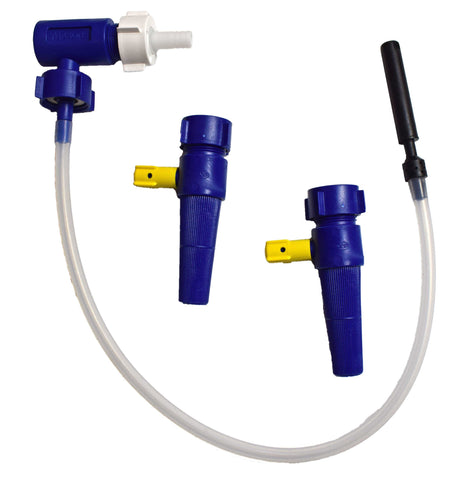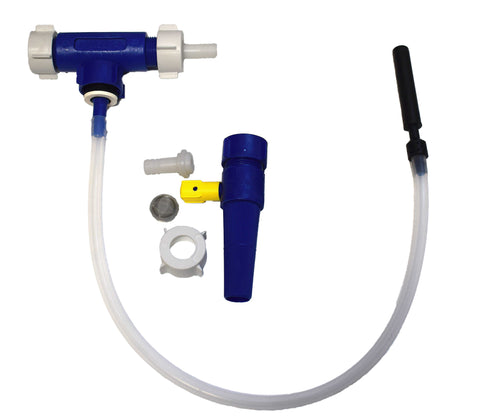Flexibility in Cellar Equipment: Adapting to Changing Times
In the ever-evolving world of beer brewing, cellar equipment has come a long way since the days of Harry Masons, more than two centuries ago. Back then, wooden casks were laid horizontally, and brass taps were the norm. However, as times changed, so did the materials used in brewing, leading to a need for more flexible equipment.
One significant change came with the introduction of aluminium barrels alongside wooden ones. This shift was driven by factors such as weight and durability, but the main catalyst was the reaction between the aluminium barrels and the brass taps. This interaction negatively impacted the quality of the beer stored in the casks. To address this issue, a new plastic alternative to brass taps was developed.
In addition to the changes in tap materials, there were also advancements in the cylinders used in the beer engine. Traditionally made of brass, these cylinders have evolved into the current Harry Mason cylinder, crafted from 316 stainless steel and acrylic. These modern materials offer improved longevity and performance compared to their predecessors.
Today's beer enthusiasts expect a wide variety of options when they visit their local pub. To meet this demand, cellar spaces often become crowded with barrels. In smaller cellars, the traditional method of lying barrels horizontally becomes impractical, leading to the need for alternative solutions.
Around three decades ago, the Rigid Upright Extractor was introduced, providing a way to draw beer vertically from barrels. This innovation not only made it possible to accommodate more barrels in a congested cellar but also reduced wasted ale per cask. Dispensing vertically allows the beer to settle in the barrel, similar to how it would in a glass, enabling earlier dispensing. However, it does require lowering the extractor throughout the process.
An alternative to the Rigid Upright Extractor is the 'Harry Mason Flexible Ale Extractor.' With its silicon tube and floatation device, this extractor eliminates the need for manual lowering during dispensing. The float sits at the desired angle, ensuring the inlet is always submerged just below the beer's surface. This feature guarantees a clear pint every time. Both extractors are user-friendly, low-maintenance, and eliminate the need for racking systems, thus reducing handling time. They are available as single or double extractors, catering to different barrel sizes and threads.
One major advantage of the 'Harry Mason Flexible Ale Extractor' is that it comes with two bodies, colloquially known as collars and broaches. This allows for tapping the next barrel in advance, reducing waiting time for priming. Pub owners know that serving properly settled beer is crucial, ensuring a superior taste experience for their regular customers.
As the brewing industry continues to evolve, it is essential for cellar equipment to adapt. The introduction of plastic taps, stainless steel and acrylic cylinders, and flexible extractors like the 'Harry Mason' range exemplifies the industry's commitment to improving quality and efficiency. By embracing innovative technologies, breweries and pubs can better meet the expectations of their customers and maintain their loyal patronage.













